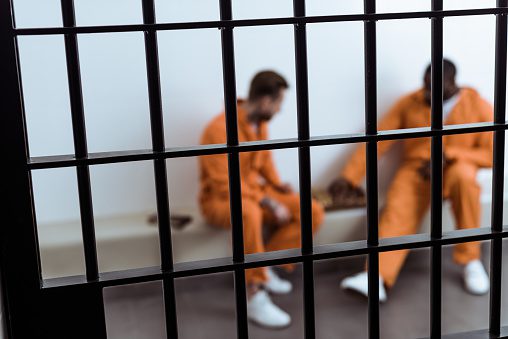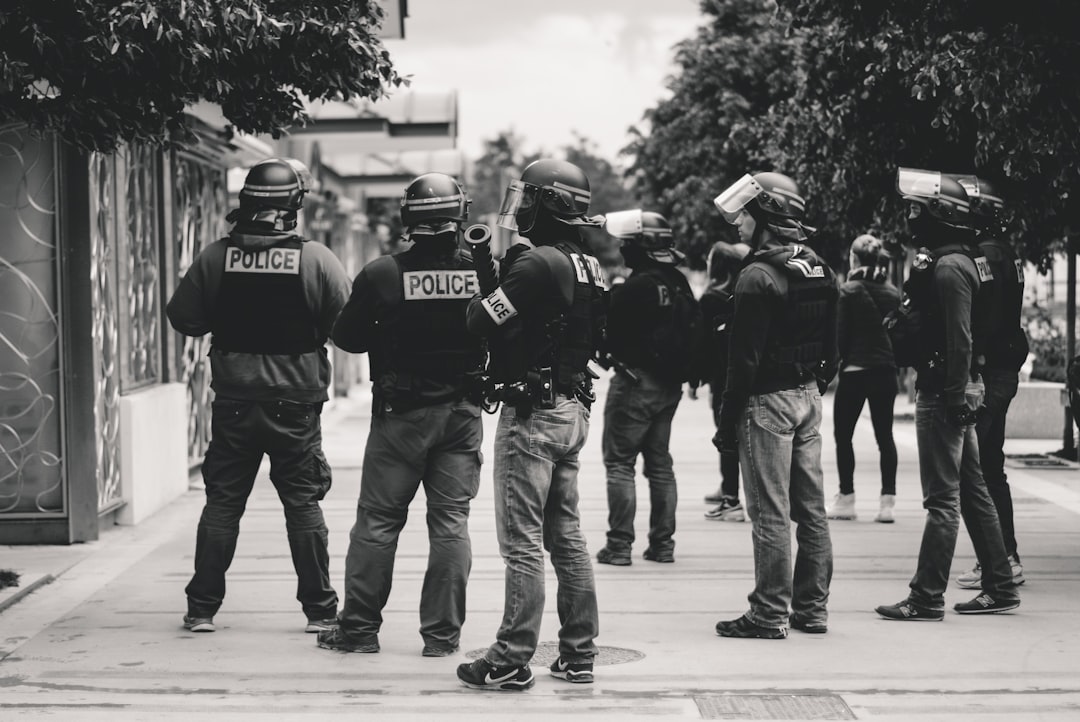What is the prison hierarchy? This question is a commonly asked one, but it doesn’t have a straightforward answer. This grading can be quite complex, with different inmates holding different levels of power and respect depending on their crimes, gangs, and other affiliations.
In this blog post, we’ll take a look at what makes up the prison hierarchy and discuss some of the key players in this world. We’ll also explore how the hierarchy affects inmates’ lives behind bars. Stay tuned to learn more!
What Is The Prison Hierarchy And How Does It Work?
The prison hierarchy is a system that determines an inmate’s privileges, status, and power within the prison. The hierarchy is typically based on an inmate’s length of sentence, crime committed, and behavior.
For example, inmates who have been sentenced to life in prison are typically at the bottom of the ranking, while inmates who have only been sentenced to a few years are typically at the top.
Inmates who have committed serious crimes are also typically at the bottom of the prison hierarchy, while inmates who have only committed minor crimes are typically at the top. This hierarchy can also be based on an inmate’s behavior.
Inmates who are well-behaved are typically given more privileges, while inmates who are disruptive are typically given fewer privileges. It can be a helpful tool for prison staff to maintain order and control within the prison.
However, it can also create a sense of inequality and unfairness among inmates.
How Do Inmates Climb The Prison Hierarchy Ladder And What Benefits Does It Offer Them?
Most prisons have a distinct hierarchy that inmates must follow. This prison hierarchy typically starts at the bottom with newcomers or “fish”, and progresses up to “veterans” or “lifers”. In order to move up the ladder, inmates must gain the respect of those above them.
This can be done through acts of violence, protection rackets, or simply by being obedient and doing as they are told. There are many benefits to climbing this ladder. For starters, it gives inmates a sense of power and control.
It also allows them to obtain better food and living conditions. In some cases, it may even provide protection from prison guards.
However, it is important to note that prison hierarchies are not always static; inmate relations are constantly shifting, which can lead to violence and conflict. As such, prison hierarchies should be viewed as fluid rather than fixed.

Who Are The Top Dogs In Prison And What Kind Of Power Do They Have?
In any prison, there is a hierarchy among the inmates. At the top are the “top dogs” – the inmates who have the most power and influence. These inmates typically have a strong personality, a history of violence, and/or a lot of prison experience.
They often control the flow of drugs and other contraband in the prison, and they may also be involved in extorting money from other inmates or prison staff. The top dogs usually have their own followers, and they often command a great deal of respect (and fear) from the other inmates.
While they may not always be the biggest or strongest prisoners, the top dogs are definitely the ones in charge.
What Happens When Someone Steps Out Of Line Or Challenges The Prison Hierarchy System?
The prison hierarchy is an unspoken but well-understood system that governs life behind bars. In most prison facilities, there is a clear hierarchy that dictates how inmates interact with one another.
Those who step out of line or challenge the system can expect to face consequences. In some cases, this may mean being isolated from the general population or being subjected to physical violence.
It may mean losing access to certain privileges, such as being able to purchase items from the prison commissary. In any case, it is important to understand the grading and conform to its rules in order to avoid trouble while incarcerated.
How Can You Avoid Getting Caught Up In The Prison Hierarchy If You’re Incarcerated?
When incarcerated, it’s important to avoid getting caught up in the prison hierarchy. It is a system where inmates are classified based on their crimes, and those who are considered to be “low-level” offenders are at the bottom of the totem pole.
This can often lead to them being treated poorly by both prison staff and other inmates. There are a few ways to avoid getting caught up in this. First, try to keep to yourself as much as possible.
This means avoiding any fights or arguments with other inmates. Second, try to stay out of trouble. This means following all prison rules and regulations. Finally, try to make friends with those who are in higher positions in the ranking.
This can help you stay out of trouble and also give you someone to help protect you if necessary.
What Are Some Tips For Staying Safe In A Prison Environment?
In any prison environment, it is essential to be aware of the prison hierarchy and to avoid getting on the wrong side of the prison authorities. It is also important to be cautious about engaging in any kind of criminal activity, as this can lead to serious consequences.
In general, it is best to keep a low profile and to stay out of trouble. Additionally, it is important to be aware of the potential dangers posed by other inmates. It is wise to avoid becoming involved in any prison gangs or factions and to steer clear of any inmate who seems particularly volatile or unpredictable.
By following these tips, it is possible to stay safe and avoid any serious problems while serving time in prison.
Conclusion
The prison hierarchy is a complex, ever-changing system that can be difficult to understand. In this blog post, we’ve outlined the basics of how it works and some of the benefits that come with climbing up the ladder.
It’s important to remember that while there are many advantages to being at the top of the hierarchy, there are also risks involved. If you find yourself incarcerated, it’s important to be aware of these risks and take precautions to stay safe.
Thanks for reading!
Read More…
The Most Effective Prayer For First Responders
Is Capital Goods a Good Career Path?
How to Buy SafeMoon on BitMart: A Step-by-Step Guide
How Safe is the 30093 Zip Code in Norcross, GA?






